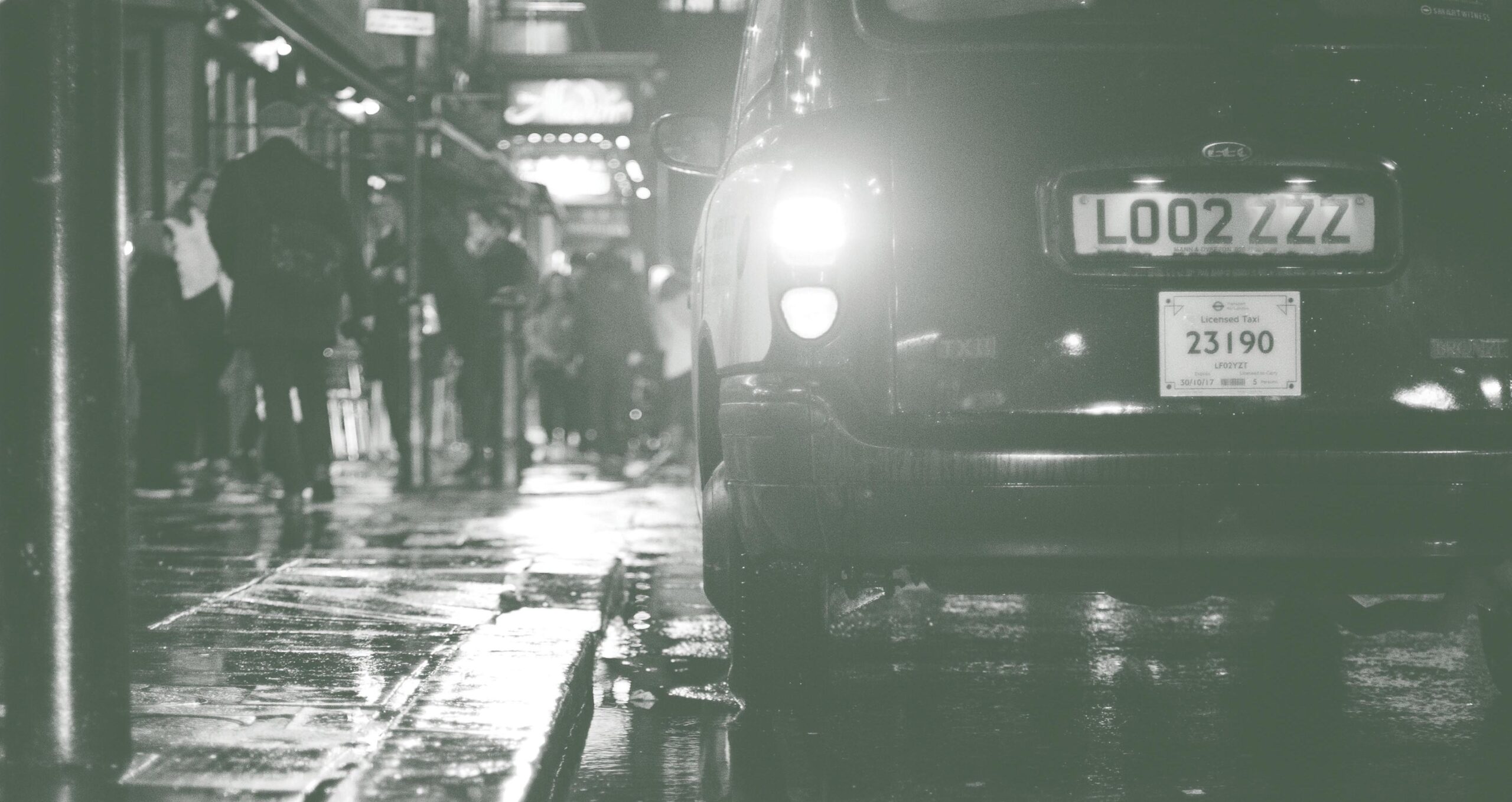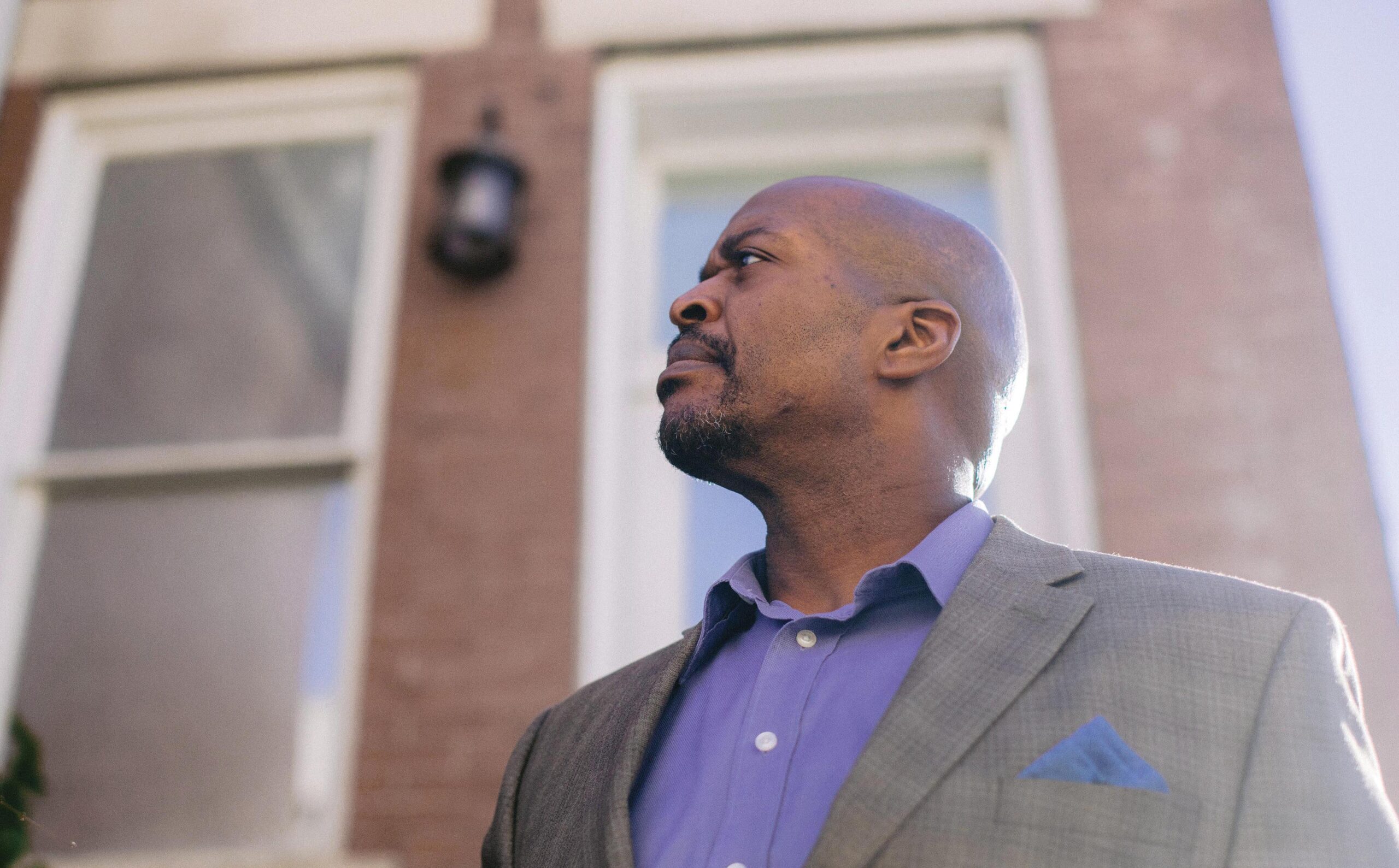“It’s like two different Americas,” social commentator and author Alex Kotlowitz told the New York Times in 2003, after race riots in Benton Harbor, Michigan, grabbed national headlines.
Kotlowitz was speaking of the so-called “sister cities” of the neighboring towns of Benton Harbor and St. Joseph, Michigan. Geographically separated only by short bridges, they are miles apart demographically and economically. Nearly half of Benton Harbor’s predominantly black residents live under the poverty line and unemployment is three times the national rate. In predominantly white St. Joseph, unemployment is under four percent and the poverty rate is only 10 percent.
Brian and Cindy Bennett moved into Benton Harbor with their two toddlers four years after the riots, convinced God had called them to plant a multiethnic church there. “We had never set foot in Benton Harbor or St. Joseph, but our hearts were broken over the very clear economic and racial divide in this region,” Wesleyan pastor Bennett said. “We knew without a doubt that God was leading us to stand in this gap.”
Though the Bennetts began with just six worshippers, today Overflow Church draws about 300. Overflow names diversity as one of its central values. Its leadership team, composed of men and women, white and black, embodies it. Bennett estimates that about 40 percent of attendees are from Benton Harbor, 40 percent from St. Joseph, and 20 percent from other communities from around the region.
Jobs, Jobs, Jobs
The racial tensions in Benton Harbor, which have erupted into mass street violence multiple times since the 1960s, find their roots not only in systemic racial discrimination and police abuse but also in the devastating lack of economic opportunities. Early on, Bennett sought to “listen long” to neighborhood residents. “I’d ask them what they thought the greatest need in the community was,” he said. “Age didn’t matter, ethnicity didn’t matter. One hundred percent of the time, over a couple years of asking that question, the answer was always ‘jobs.’ So I knew that if we were to really engage the community, we were going to need to work toward economic vitality.”
In 2008, Bennett launched Overflow Christian Community Development Association (CCDA), a “sister nonprofit” that could oversee the implementation of the congregation’s vision of fostering economic renewal. Bennett served as executive director of the nonprofit and lead pastor of Overflow Church simultaneously for the first five years.
Though closely tied to the church, the endeavor involved other congregations from the start. “I believe partnering is the only way forward in really seeking the shalom of the city,” Bennett said.
Overflow CCDA changed its name to Mosaic CCDA in 2015 to better capture the multi-church nature of the organization. Its ties to the church, though, remain strong. Bennett continues as board president, and Mosaic CEO Andrew Robinson serves on Overflow’s leadership team.
Mosaic now hosts three social enterprises employing nearly 40 individuals. Mosaic Property Services (MPS) provides lawn maintenance and snow removal services. Depending on the season, MPS employs 20-25 people. Ivy Yarbrough, 58, has been working for MPS for two and a half years and credits Mosaic for turning his life around. A native of Benton Harbor, he grew up poor, with 17 siblings. Jailed for selling drugs, his parole officer referred him to Mosaic for job training and coaching. Yarbrough said:
Mosaic just took me right under their wings. I didn’t know no way out of my life. I had no way of thinking that I could be a good person. Next thing I know Mosaic started telling me I am somebody. And I started believing it! So after that, I stayed out of trouble. … Never thought about drugs again. All I like to do now is work. I wouldn’t have believed it myself. … If they can change me they can change anybody.
Each social enterprise is fully self-sustaining and together generate sufficient profits to cover 60 percent of Mosaic CCDA’s total budget. The other 40 percent of the roughly $1.2 million budget is raised through grants, contracts, and donations. Overflow church continues to contribute to the nonprofit’s annual budget and mobilizes volunteers to serve both through one-time neighborhood projects and as mentor-coaches to residents going through Mosaic’s job training ministry.
Faith and Work, Local Mission
While racial reconciliation and economic empowerment are clearly priorities for Bennett, he says his “greatest passion” is around helping people live their faith through their daily callings. “It’s part of the DNA of Overflow and congregants have really started to get it.”
Overflow’s “core value” is that God has gifted every person vocationally and that all have the potential to be leaders. “There was never a sense that God wasn’t already active and present in the community,” Bennett said. “We didn’t think we were bringing Jesus to the community, in a paternalistic way.”
Native Robinson agrees. “Mosaic has symbolized the bringing together of these two communities,” he mused. “It’s a big reason why I wanted to come back home. I felt this would be a great story to tell nationally — how two cities that have historically dealt with racism and cultural differences are now working together for a common cause, for people to flourish economically.”





